#Lou de Laage
Explore tagged Tumblr posts
Text



Luke Kirby and Lou de Laage are pictured on the set of 'Étoile' in New York City - 11th June 2024
#luke kirby#lou de laage#etoile#étoile#amy sherman palladino#i need to know something about luke's character already 😩
20 notes
·
View notes
Text






lou de lâage —
credit atlantis if you use
#lou de laage#avatars#lou de laage avatars#400x640#rpg#forum rpg#rp resources#av: females#*av#*#atlantis
3 notes
·
View notes
Text

Lou de Laâge | Christian Dior ensemble | Front Row Fashion: Paris | 2024
10 notes
·
View notes
Text
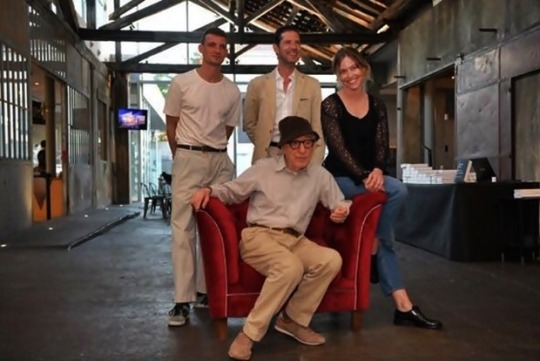
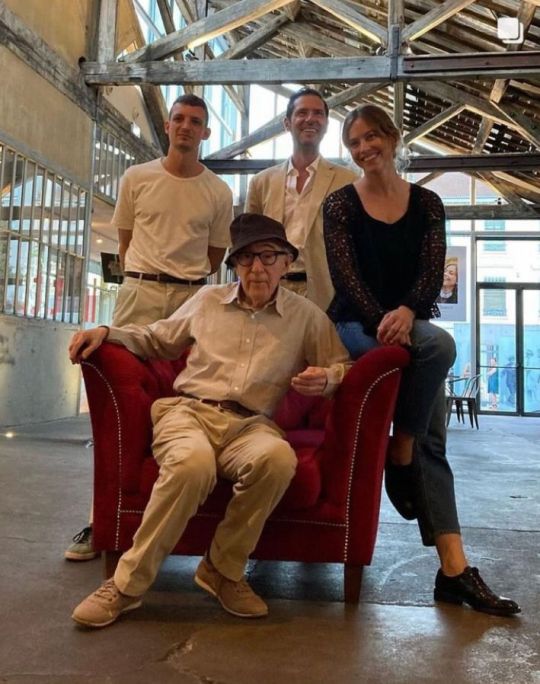
14 notes
·
View notes
Text

Coup de Chance ★★★★
Fanny (Lou de Laage) and Alain (Niels Schneider) reunite by chance on a Paris sidewalk. Alain, who secretly longed for Fanny, sees this as a sign their fates are linked. However, Fanny is married to Jean (Melvil Poupaud), a dangerous businessman. Despite her marriage, Fanny is drawn to Alain, but Jean is not one to be deceived easily.
The film's dialogue propels the story, typical of Woody Allen's work. You'll find no action scenes here; instead, the characters inhabit city parks, cocktail parties, and art galleries, serving as vessels for Allen's ideas.
"Coup de Chance" has many twists, the initial shocks keep viewers engaged. Fans of Woody Allen will appreciate the film's nostalgic, simple approach.
Nonetheless, the whole story centers on the randomness of life. This may make some plot points feel convenient, but it also energizes the narrative, encouraging us to embrace the miracle of our lives.
0 notes
Text
Rotterdam Van Alles Overzicht 874
Het kruispunt Boezemweg (rechts) met op de hoek het café de Boezembrug, links de Goudse Rijweg met op nr. 55 een filiaal van de Algemene Bank Nederland N.V. en in het midden de Koninginnekerk aan de Boezemsingel. 1967

Nieuwbouw Sint Franciscus Gasthuis bij de Kleiweg. 1967

Uitbreiding van het Dijkzigt Ziekenhuis o.a. door de bouw van een extra verdieping op de noordelijke zijvleugel. Op de achtergrond Het Park en de Euromast. 1967

Voetgangers wandelen in de noordelijke toerit tijdens een open dag van de nieuwe Beneluxtunnel. Links een schip in aanbouw op de werf van Wilton Fijenoord aan de Wiltonhaven te Schiedam.1967

Visconcours in de Boezem met o.a. de acteur Lou Geels die als veldwachter Bromsnor toezicht houdt. 1967

De ss Nieuw Amsterdam op de Nieuwe Maas na haar aankomst uit New York. 1967

Metrostel vertrekt vanuit metrostation Zuidplein voor een 'nog' toekomstige rit naar Hoogvliet. Links voorbij Zuidplein Laag de Zuidpleinflat. 1967

Impressie van het historische Delfshaven. Op het hoofd tussen de Voorhaven en de Achterhaven het restant van de in 1940 tijdens oorlogshandelingen in brand geschoten moutmolen de Distilleerketel. Op de voorgrond de haven Middenkous. 1967

De Deutsche Evangelische Kirche (Zwarte Paardenstraat 97) in de wijk Cool. Op de achtergrond (van links naar rechts) de Sint-Ignatiuskerk (Westzeedijk 90), de gereformeerde Nieuwe Zuiderkerk (Westzeedijk 7) en de Eendrachtskerk (sinds 1967 de H.H. Ignatius en Laurentius) (Eendrachtsstraat 95). In de verte het Van Ommerengebouw en het Van Damziekenhuis. 1968

De medische faculteit in aanbouw met de Euromast en de torens van de Remonstrantse kerk en Museum Boymans-van Beuningen. 1967

0 notes
Photo
Black Box
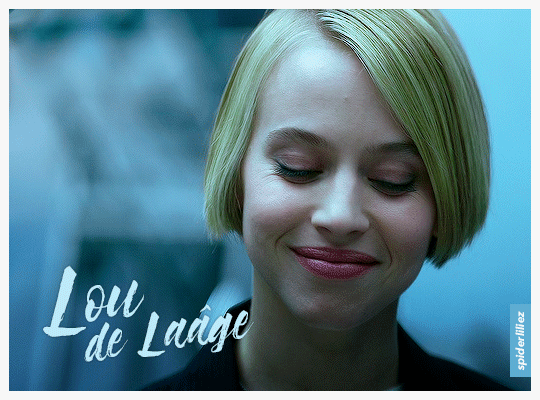
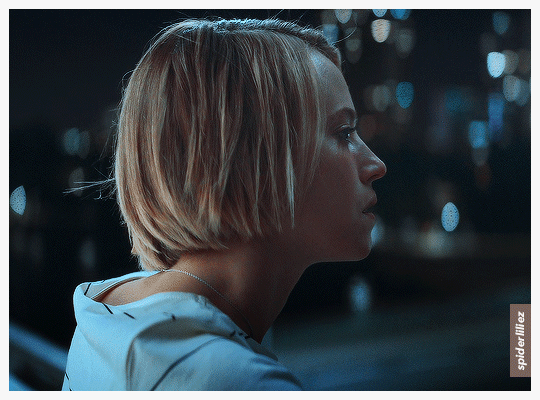

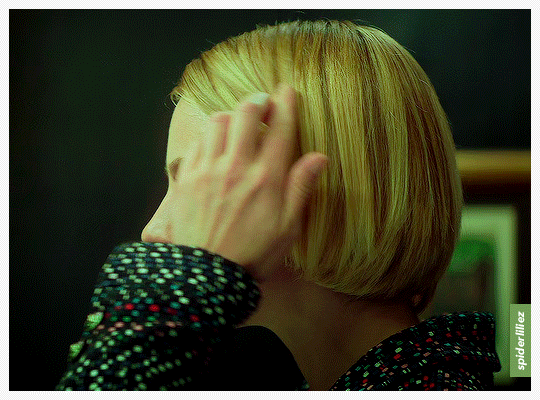
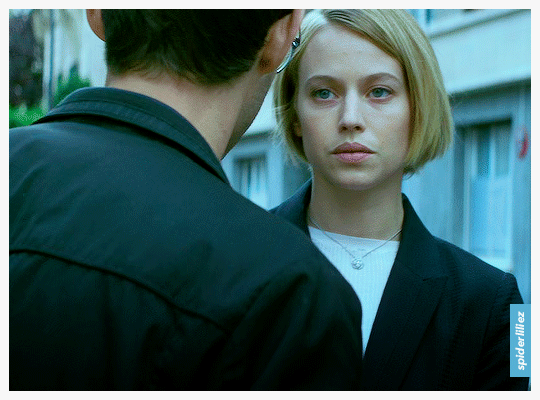
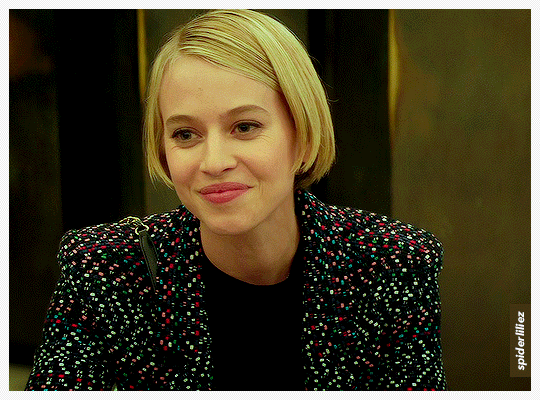
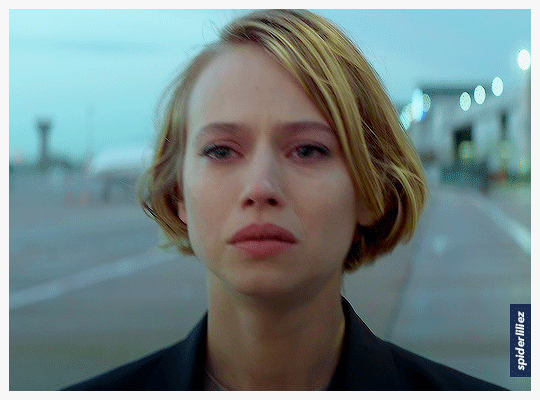
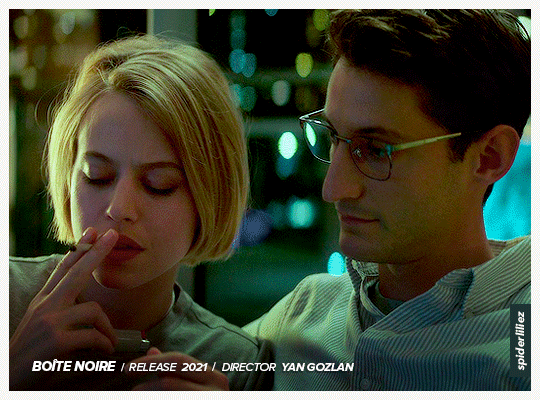
Lou de Laâge (as Noémie) Pierre Niney (as Mathieu) From the mystery-thriller, BOÎTE NOIRE (2021) [+] ..more on LOU 📷 [+] ..more French Cinema 🎬
#lou de laage#pierre niney#boitre noire#black box#2021#beautiful french actress#2020s#webp files#mystery-thriller#french cinema
21 notes
·
View notes
Photo
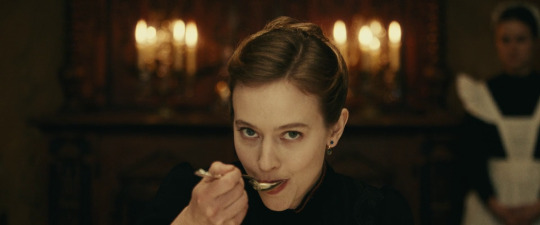
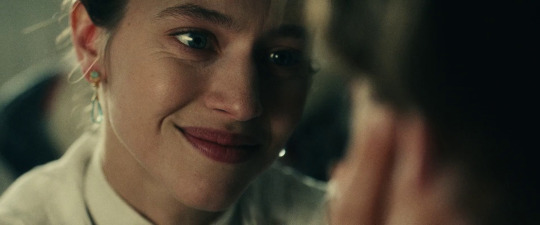
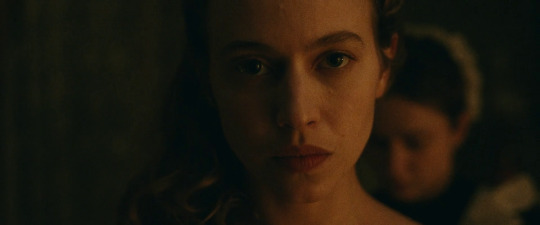



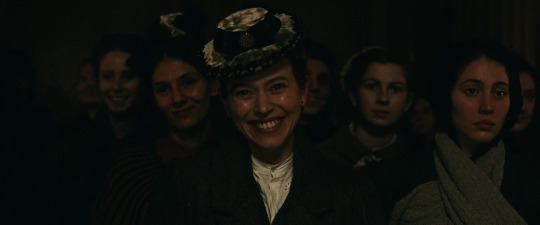
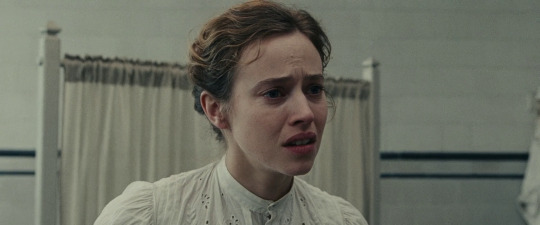


Lou de Laâge in Le Bal des Folles (The Mad Women’s Ball) (2021) dir. Mélanie Laurent
#lou de laage#lou de laâge#le bal des folles#the mad women's ball#melanie laurent#film#fm#*#q#women directors#she was perfection!
582 notes
·
View notes
Text
youtube
Shaking, crying, throwing up. 😭
(I feel like there's gonna be a will-they-or-won't-they between Luke and Lou de Laage's characters and I'm not sure how I feel about it.)
16 notes
·
View notes
Text
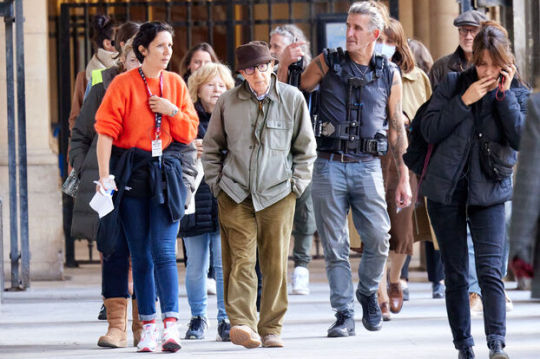
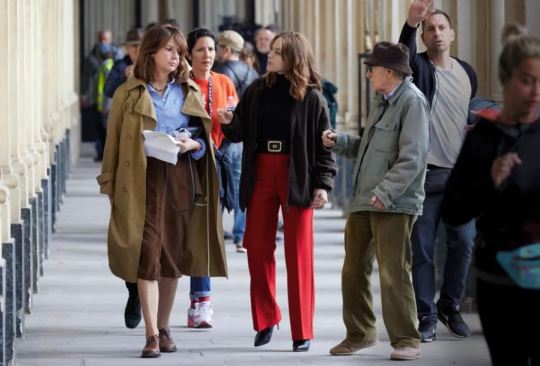

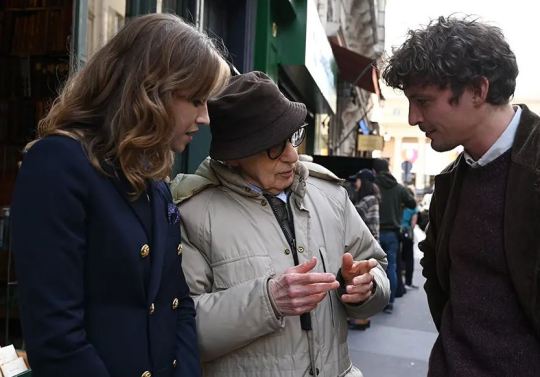
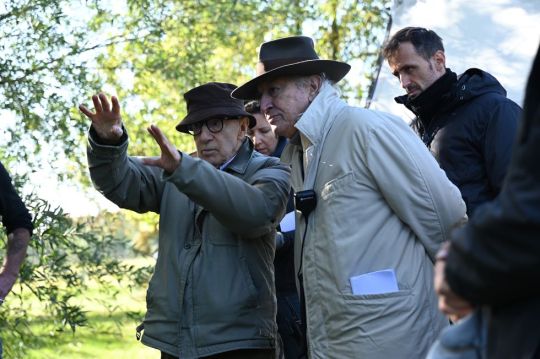

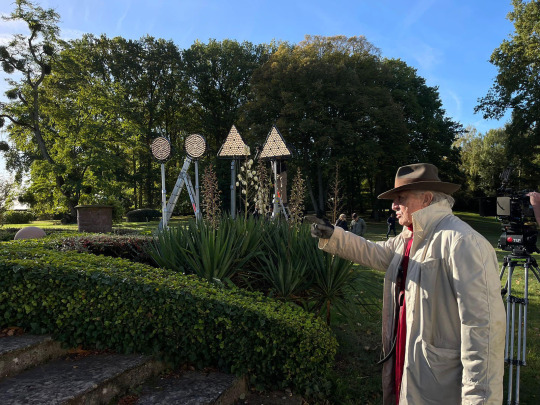

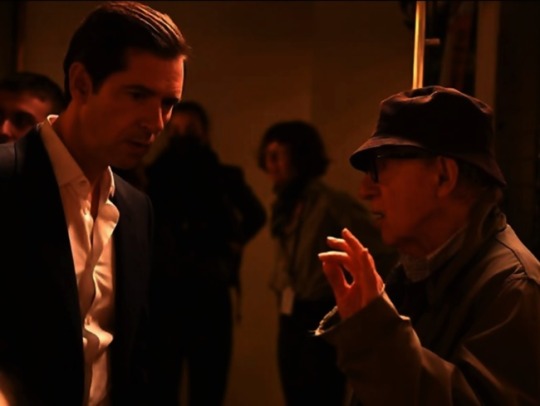


"Coup de chance" (2023)
#Woody Allen#Valerie Lemercier#Melvil Poupaud#Niels Schneider#Lou de Laage#Vittorio Storaro#Letty Aronson#Film
14 notes
·
View notes
Text




Breathe (2014)
directed by Mélanie Laurent
#breathe#breathe movie#breathe film#film#movie#cinema#mélanie laurent#melanie laurent#breathe 2014#joséphine japy#josephine japy#lou de laâge#lou de laage#wlw#idylesaphique
55 notes
·
View notes
Text
I’ve just finished reading le bal des folles and lemme just say, genevieve was so in love with eugenie from the word go it was so obvious
#I needed that book to be three times longer and three times gayer#le bal des folles#the mad women’s ball#melanie laurent#lou de laage#sapphic#book tumblr
5 notes
·
View notes
Photo






Lou de Laâge (born 27 April 1990)
26 notes
·
View notes


